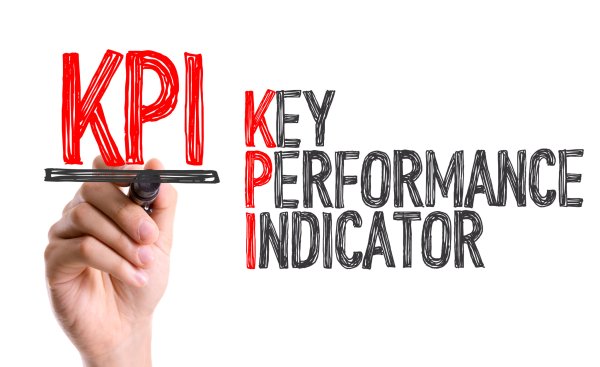Let us assume that every regulatory power is legitimate. Beyond assumption, we know that the regulators work with pieces of legislation which most times precede and outlive them.
What they do in many circumstances is to exploit any lacuna in the laws to churn out guidelines which only add to, or interpret, the original laws without fundamentally tampering with the spirit and letter of such laws. We also appreciate the difficulty of leadership, especially when the leader is confined within legislative or regulatory boundaries. However, after God with His power of divinity, it is leaders that shape human thoughts, behaviours, actions, aspirations, faith and hope.
Where there is no information, rumors fill the gap. Where information exists, but is vague or ambiguous, it becomes difficult to interpret or comply with. Let us briefly look at a few regulations and guidelines which may not be so straightforward as they seem or ought to.
NAICOM was established in 1997 through the instrumentality of the National Insurance Commission Act 1997. One of the headline provisions of the Act still remains the qualification(s) of a CEO of an insurance institution – insurance, reinsurance, brokerage and loss adjusting. The strict interpretation then was that only persons in possession of the professional qualification could become CEOs. We can still recall some CEOs then who did not possess this criterion who for fear of embarrassment resigned their positions. Some have lived to regret such knee-jack reactions, as evidence of what obtains till date suggests. Is it academic plus professional qualification plus experience or what combination(s)? It appears that NAICOM over the years has relied on its powers to determine who is a fit-and-proper person to be a CEO rather than a clear interpretation of the provision of the law. Another point that gained traction especially from 2003 was the “abolishment” of the composite structure. Companies were instructed to separate their life from their non-life operations, creating two distinct entities instead of the existing one entity before the coming of the law. Similarly, some companies quickly obeyed, incurring attendant costs in the process. Others, smart as they can be classified, held their separate licenses and still run them as single entities – one board, one management, one office space and as we say in our local parlance, nothing dey happen! Again, the issue of the tenure of Executive Directors. Toeing the line set by the Financial Reporting Council, the CBN under Sanusi Lamido Sanusi had implemented the 10-year maximum tenure for bank CEOs. A statement to further streamline that action was released very recently by the apex bank. For the insurance industry NAICOM came up with a circular in November, 2022 to enforce the law. What the circular did not tell us is what happens when a CEO cumulatively spends more than 10 years in more than one company or the surviving entity following a merger or acquisition. You can bet that some CEOs will resign their positions in their ninth year to take up fresh appointments which will nullify the initial nine years in previous employment. The circular from NAICOM detailing the hike in motor premium rates did not indicate that with the new motor Third Party Only rate, a holder of the certificate does not need an ECOWAS Brown Card when travelling to ECOWAS countries. Trade and professional associations and consultants had to engage in enlightenment of the public on this extra benefit. One information that is making the rounds has it that for a chartered insurer to go into loss adjusting, he/she has to write some post-qualification papers in the CIIN examination series. These papers or subjects are prepared by the Institute of Loss Adjusters of Nigeria (ILAN) in collaboration with the CIIN. How can we accept this? First, the ILAN has no charter status, and so, cannot conduct professional examinations in its name. So, why go through the back door? Why can the CIIN not expand the examination syllabus to accommodate the subjects that would be of benefit to those who plan to go into loss adjusting consequent upon their completion of the qualifying examinations? Let us dispassionately look at this trend, so that we do not start what will be difficult to explain or sustain. If there are individuals who feel threatened by the entry of more professionals into their field of work, they should simply up the practice standards and not put unnecessary obstacles on the way for potential joiners. Last Line: According to a French Author, Francois de la Rochefoucauld, hypocrisy is the tribute vice pays to virtue.



